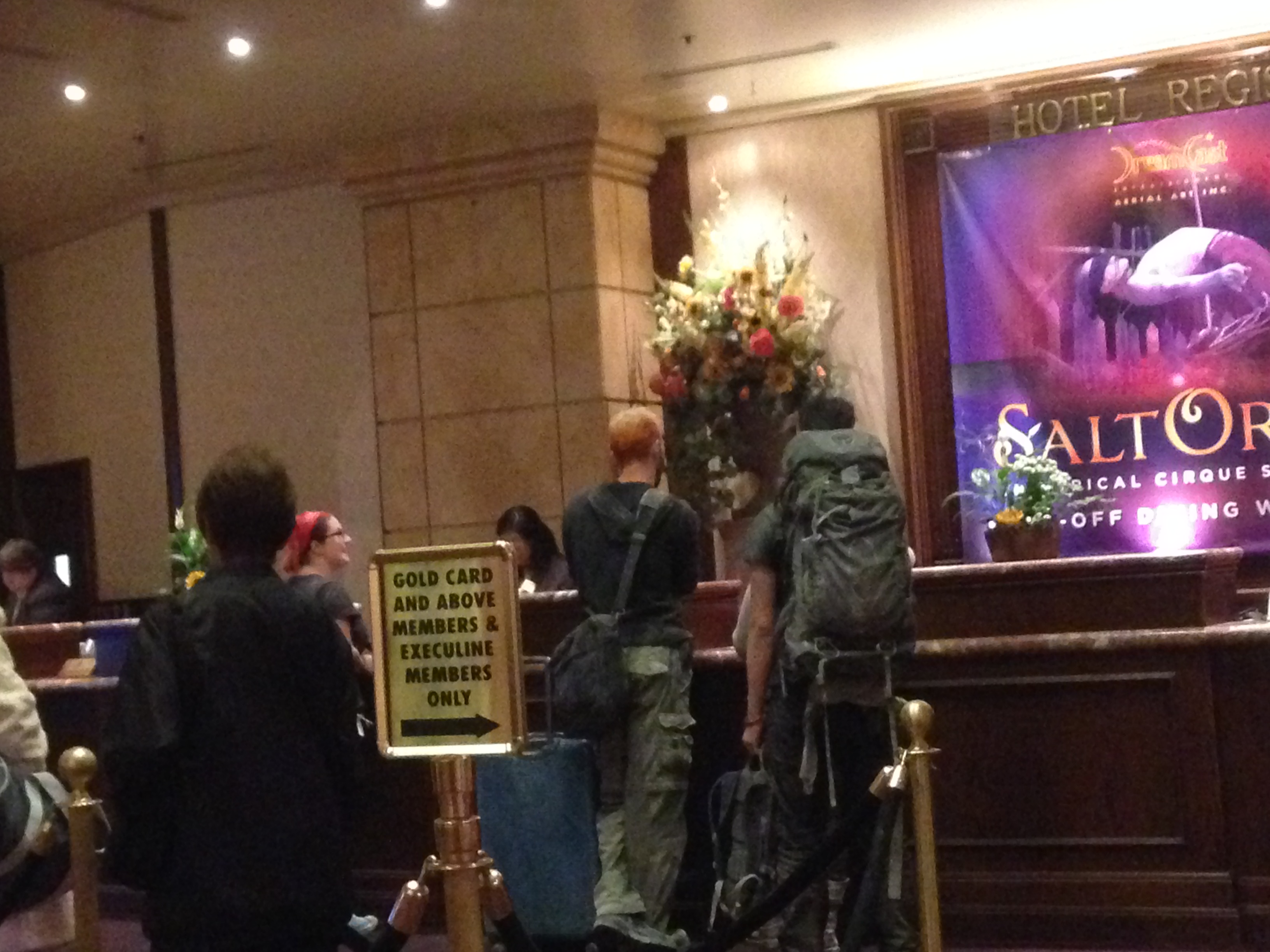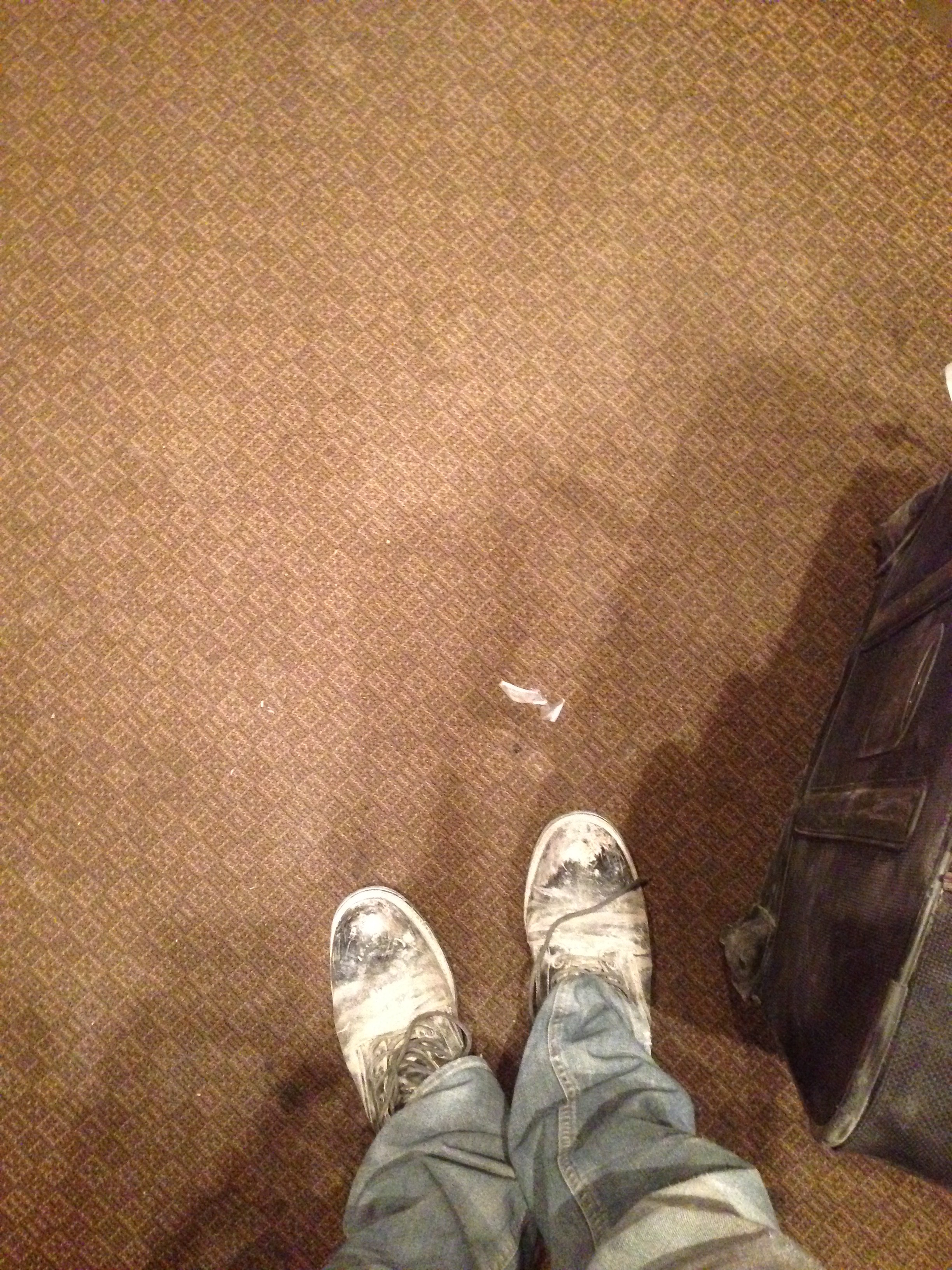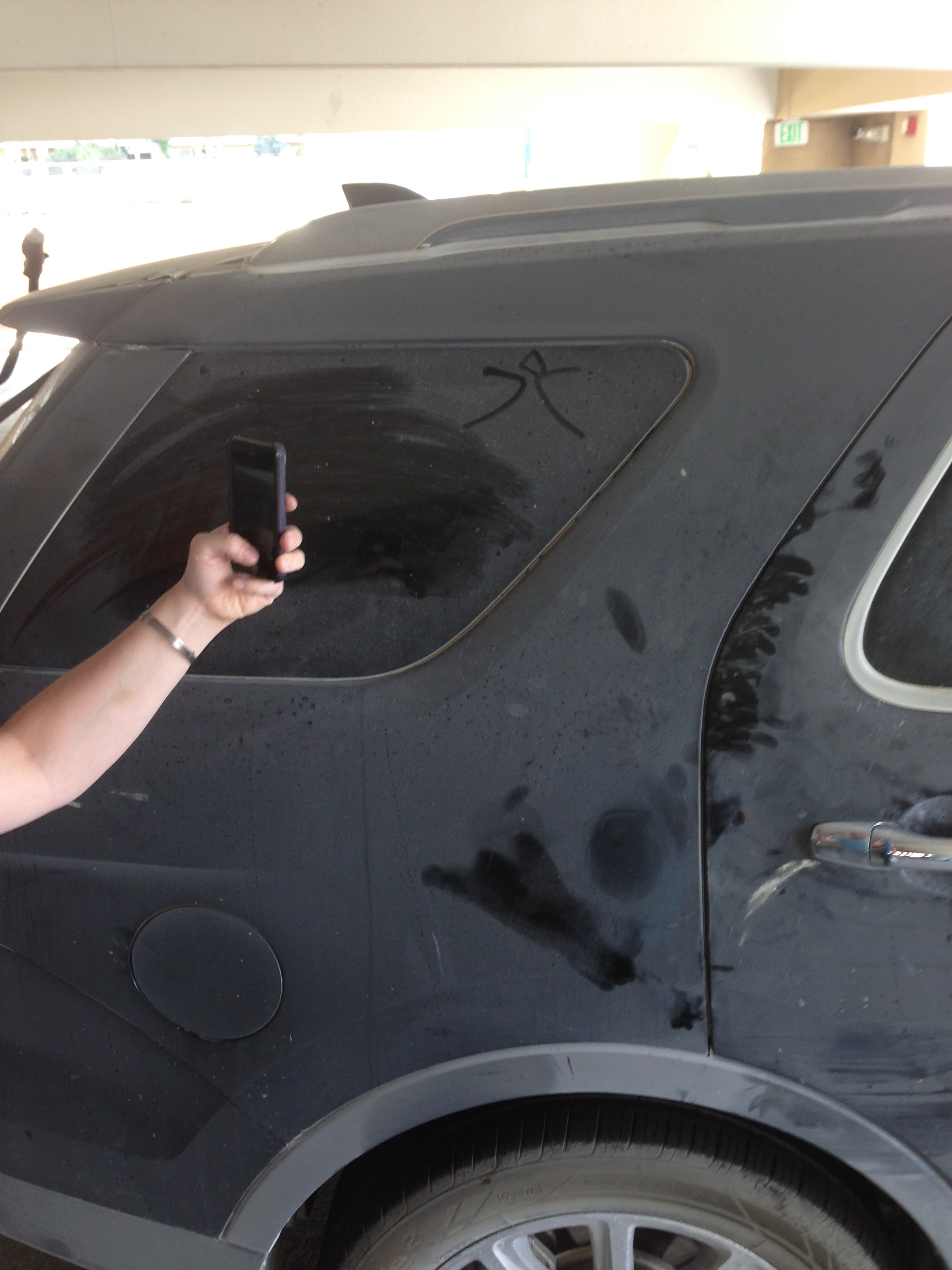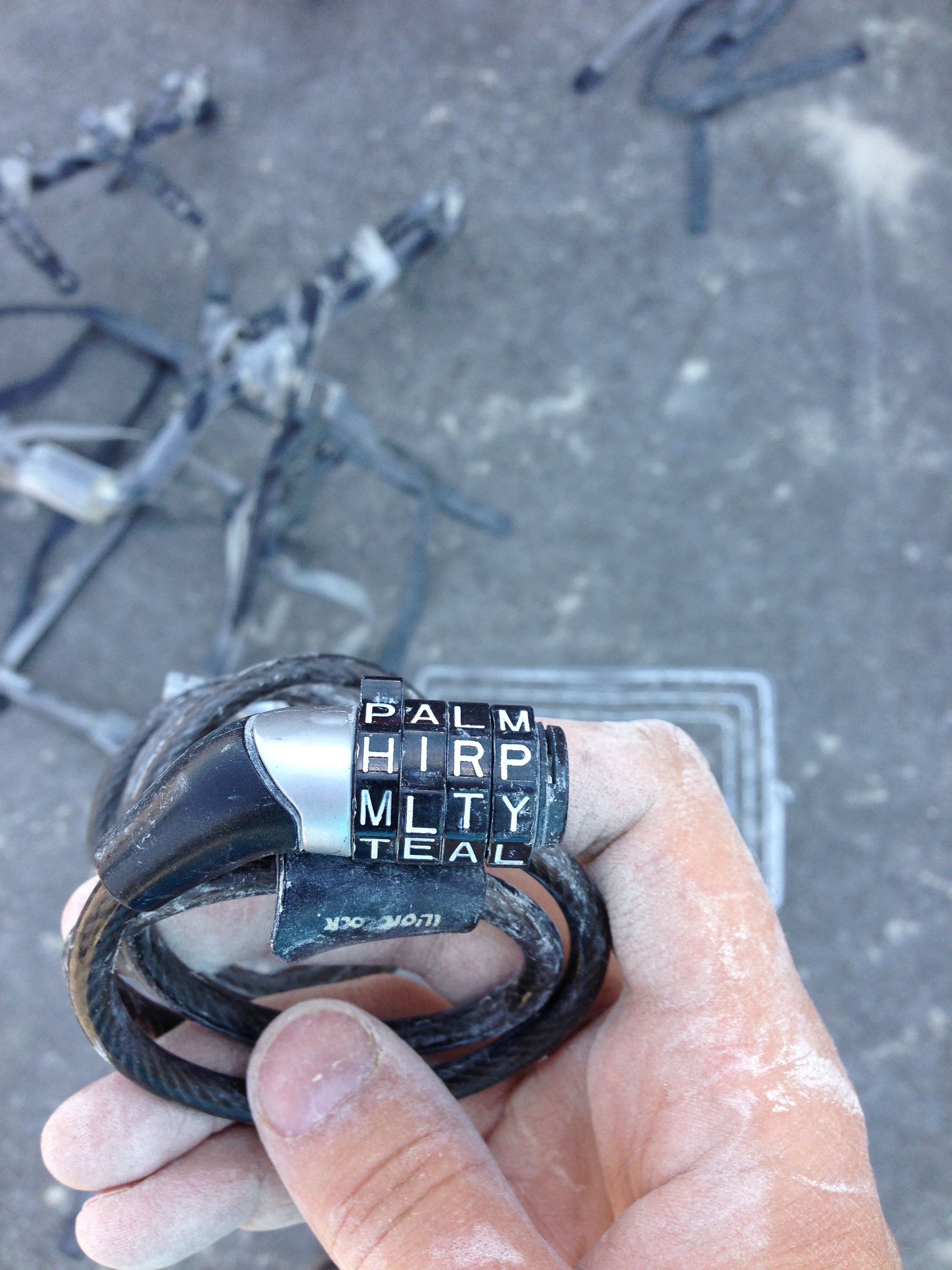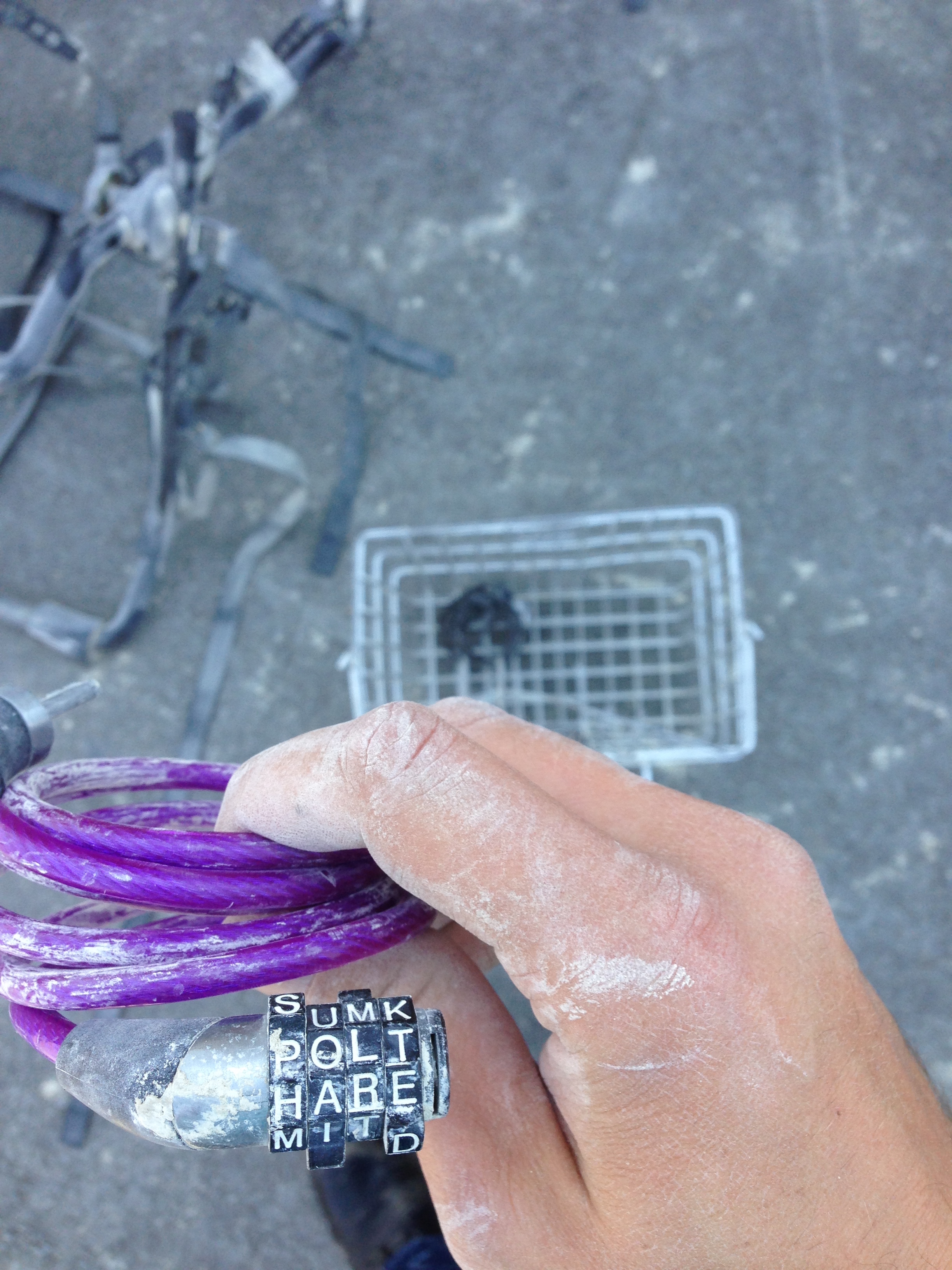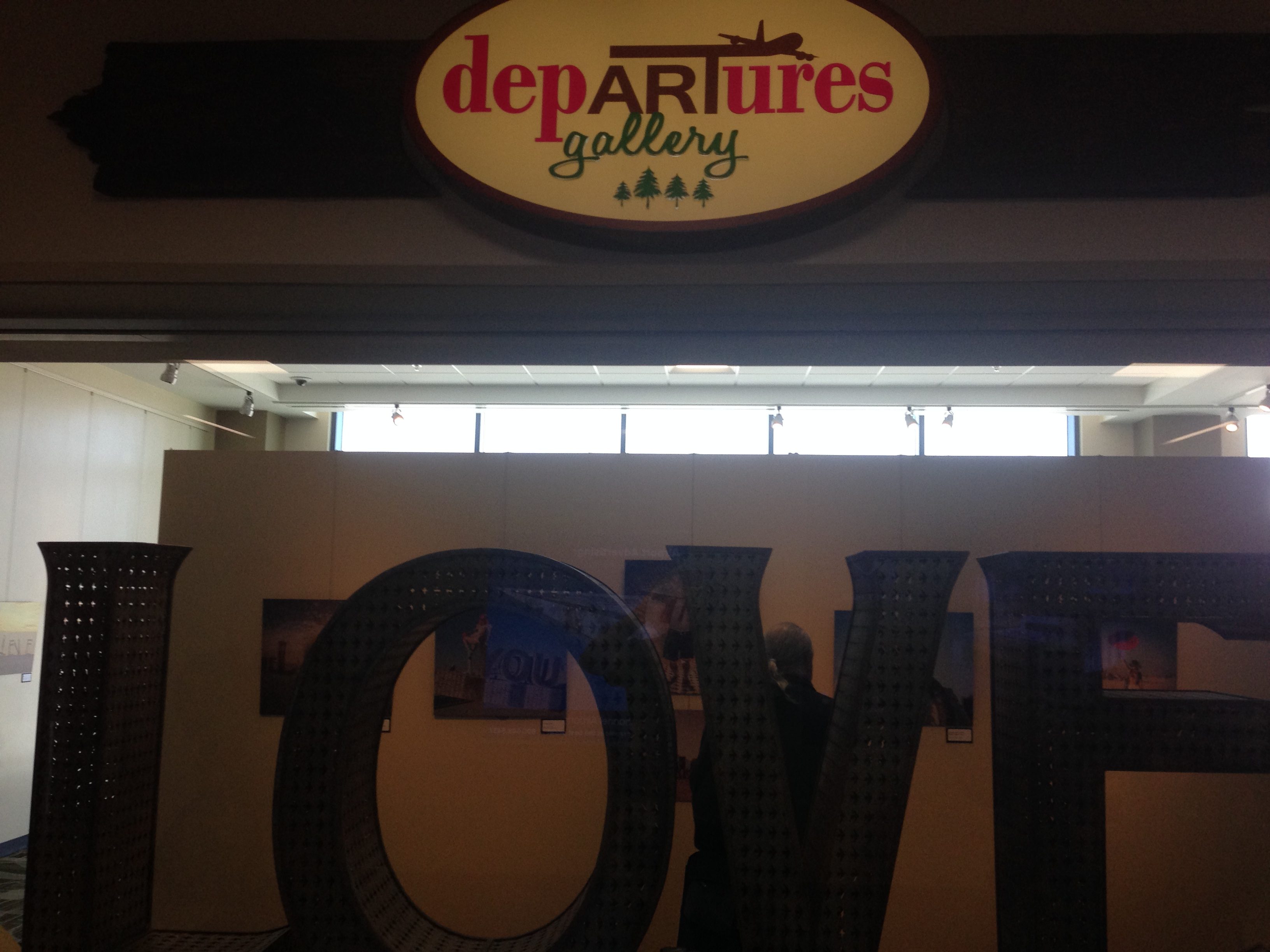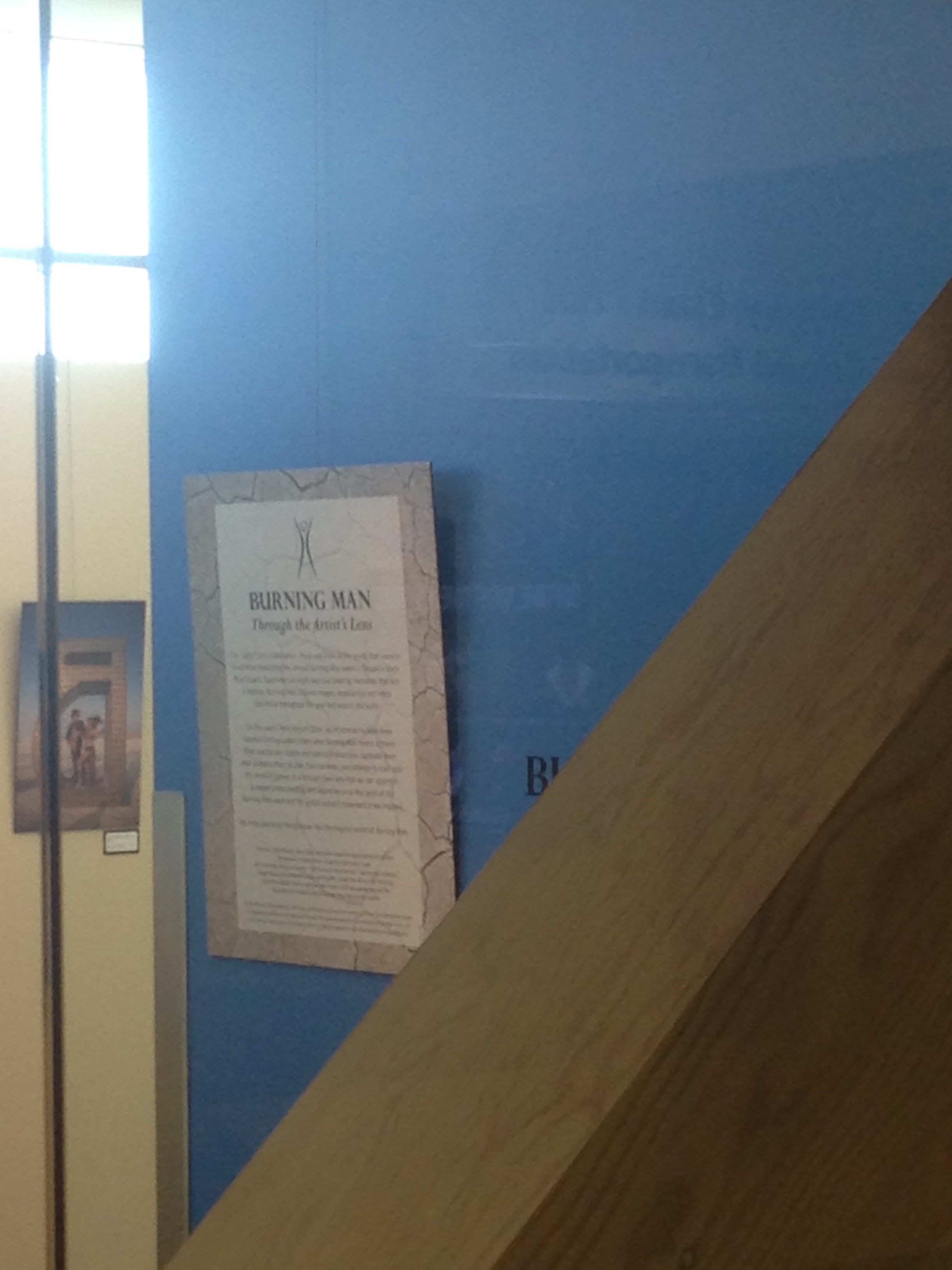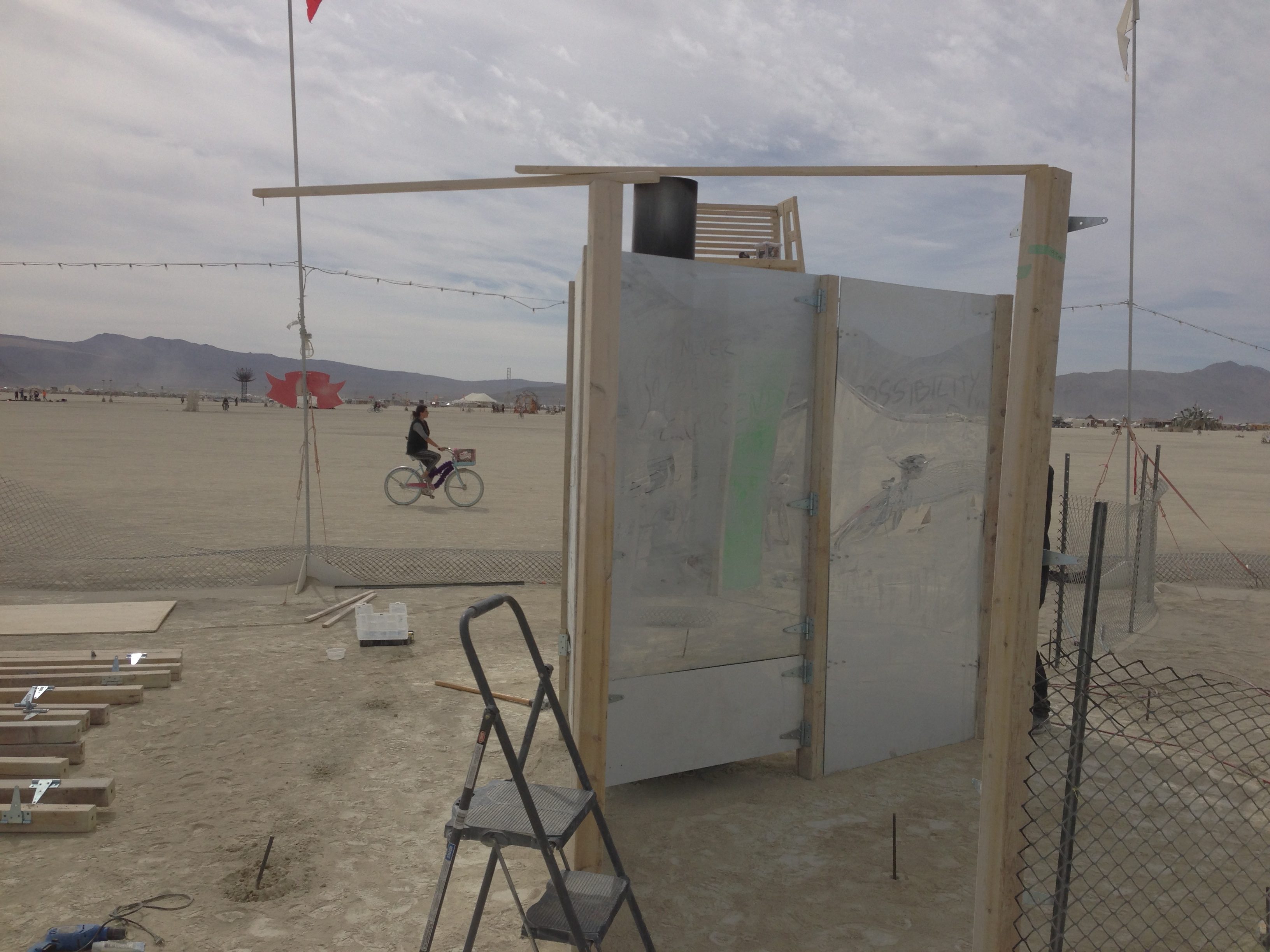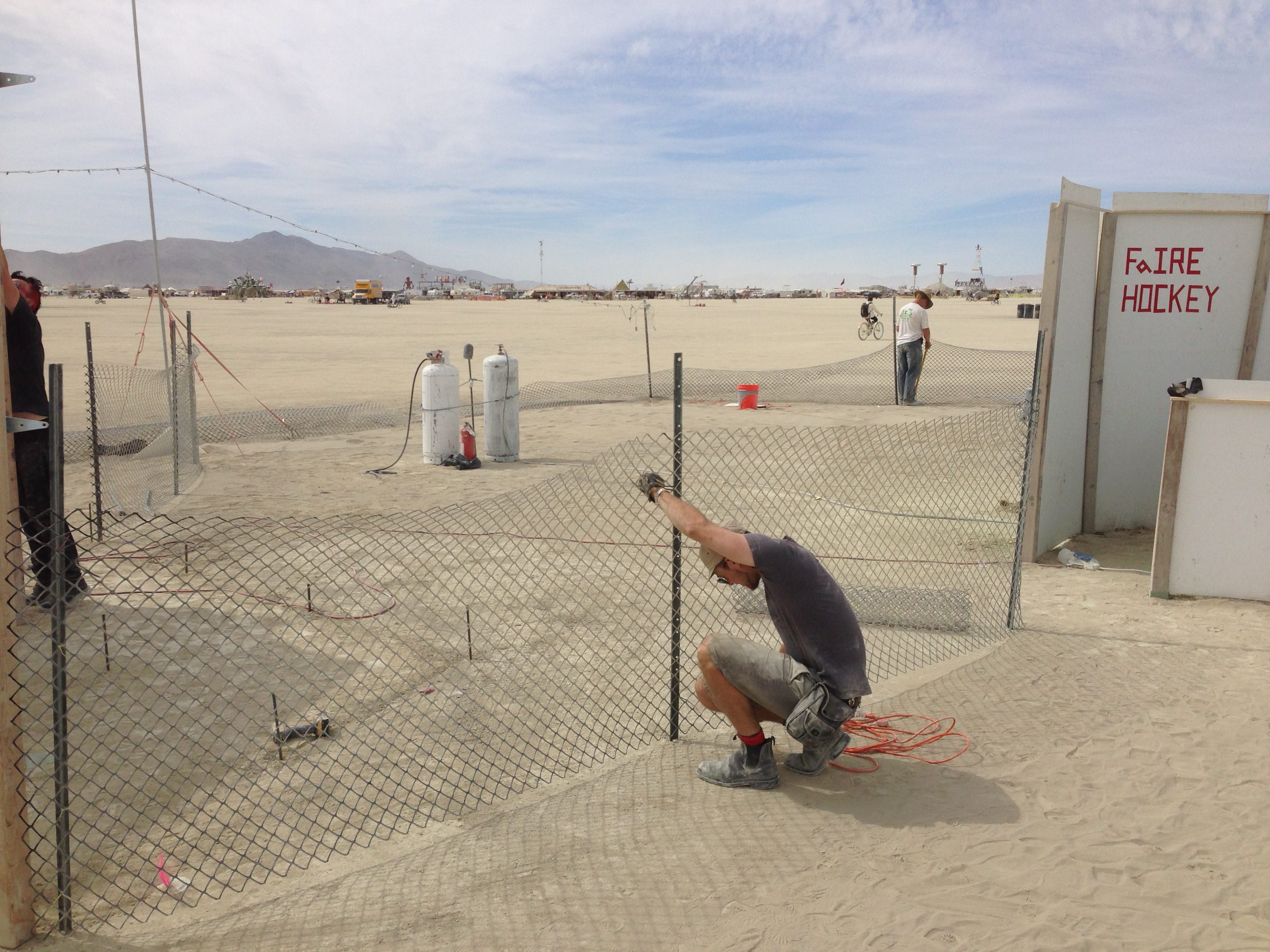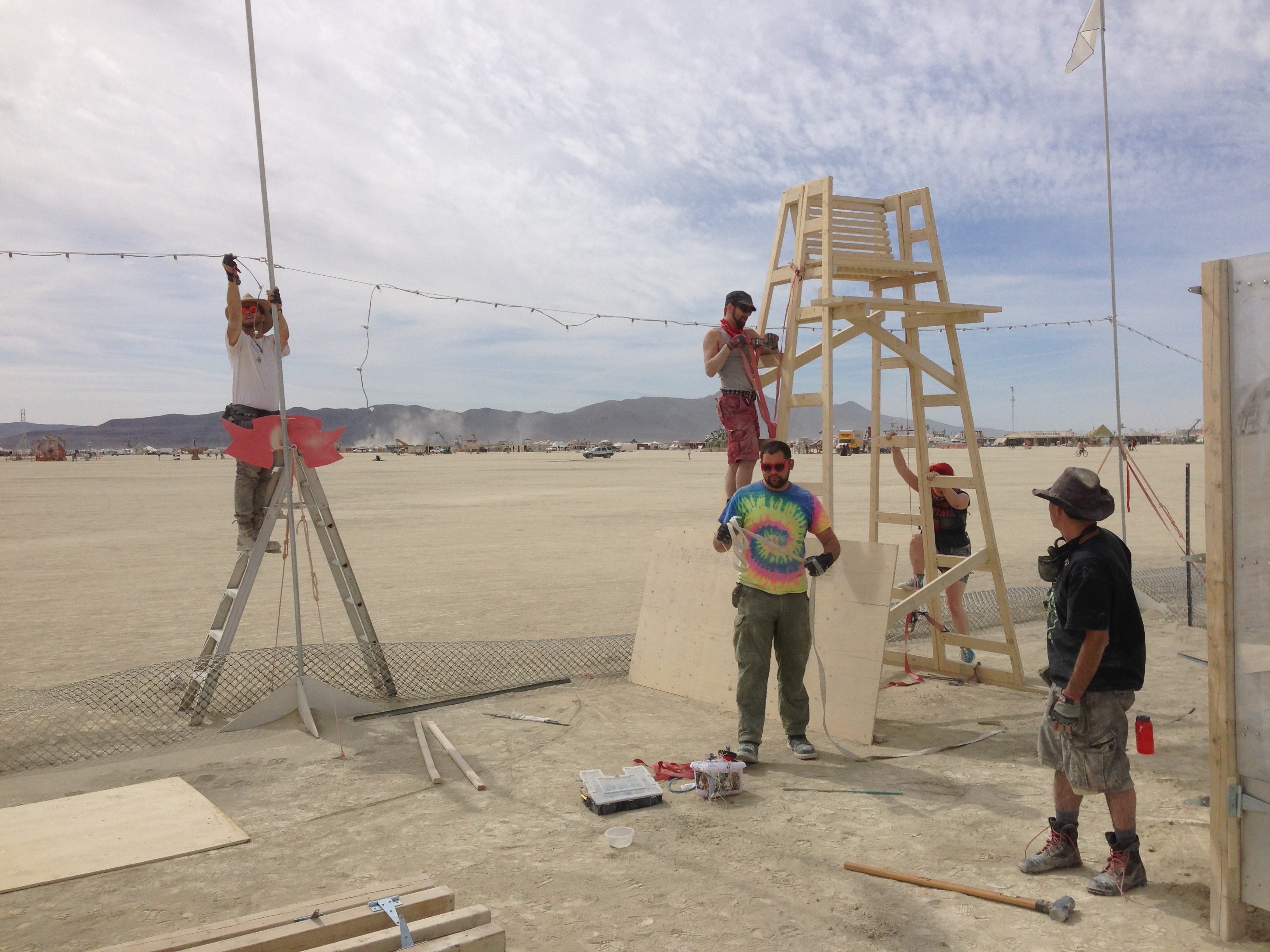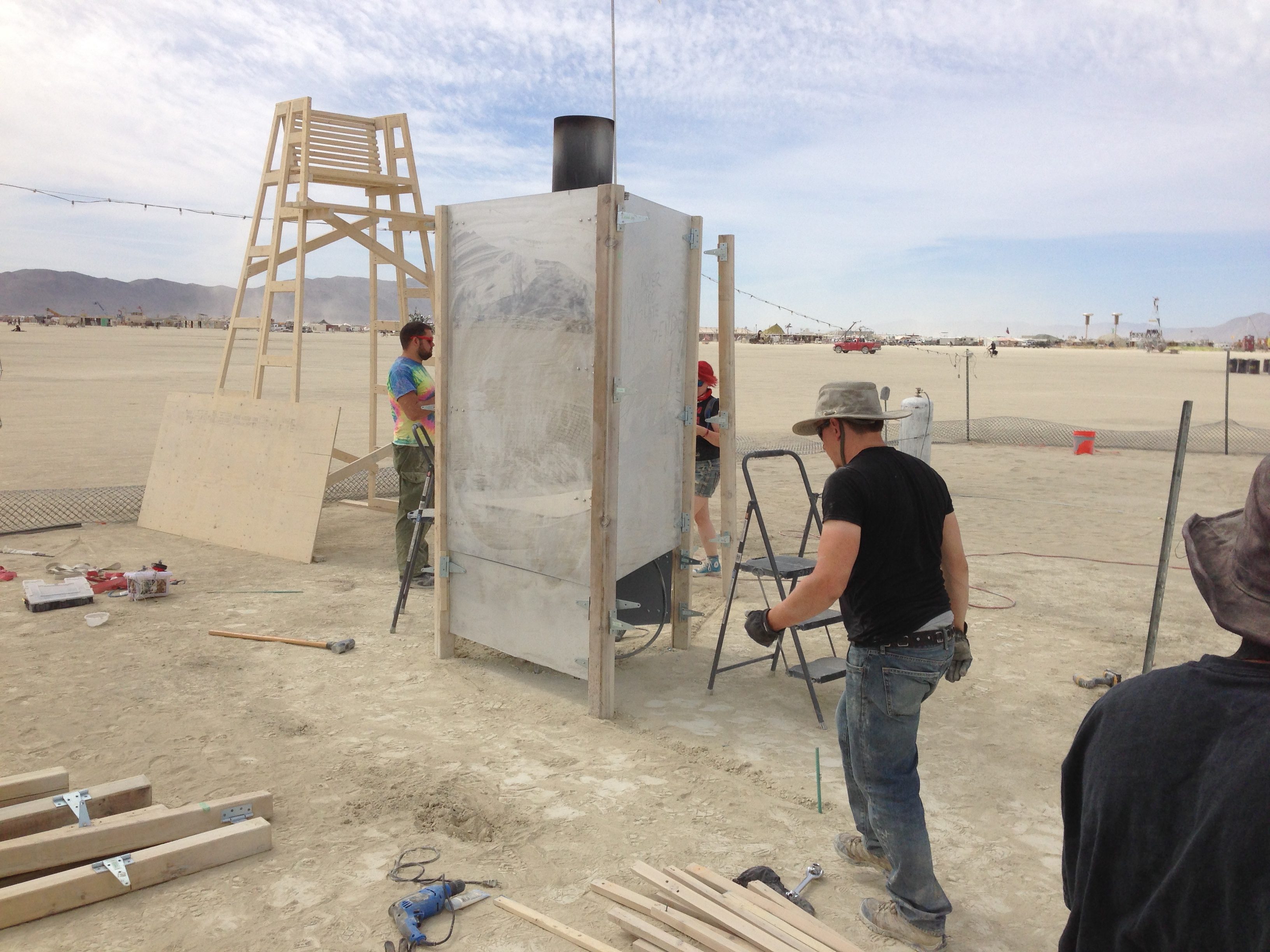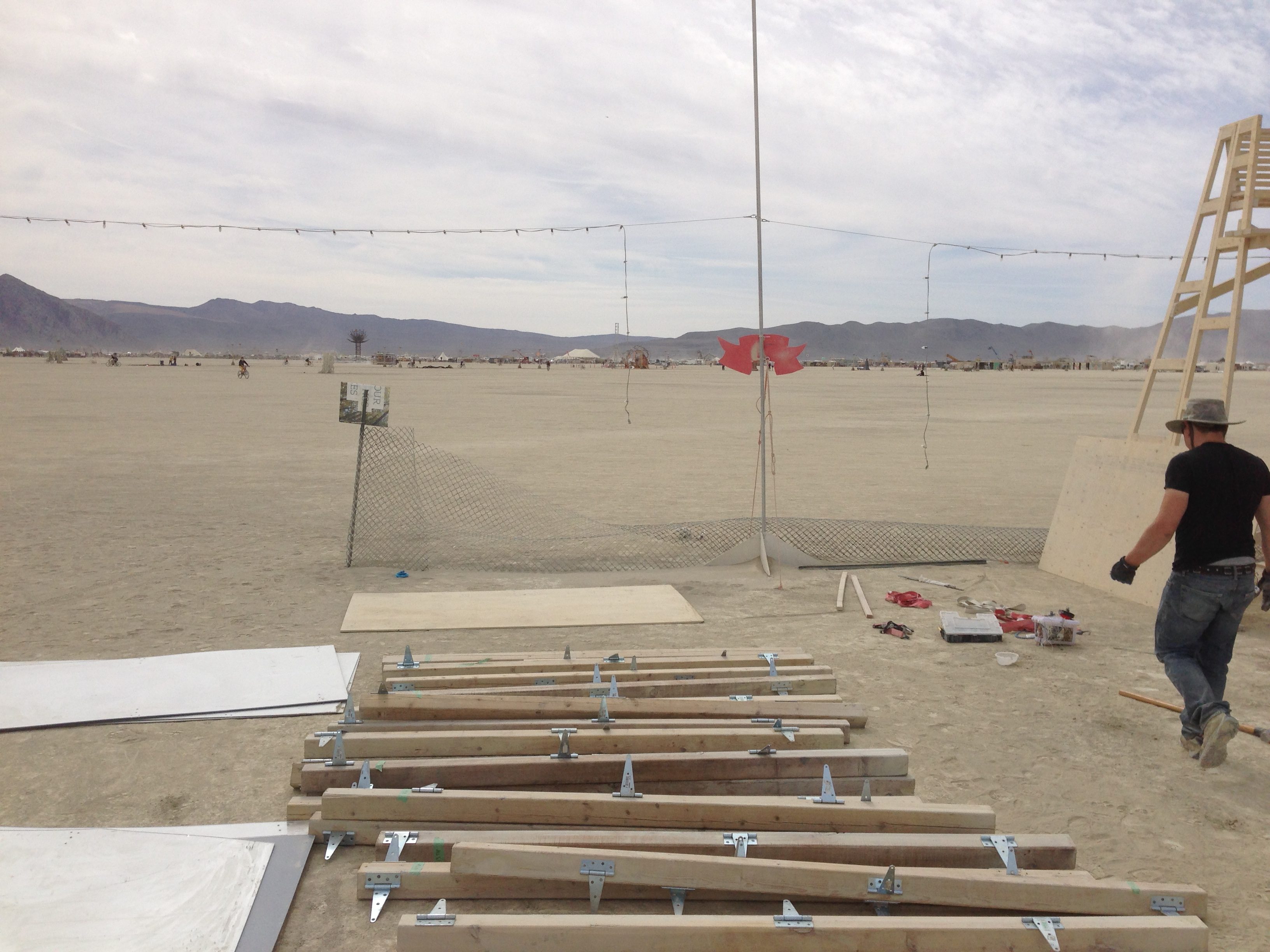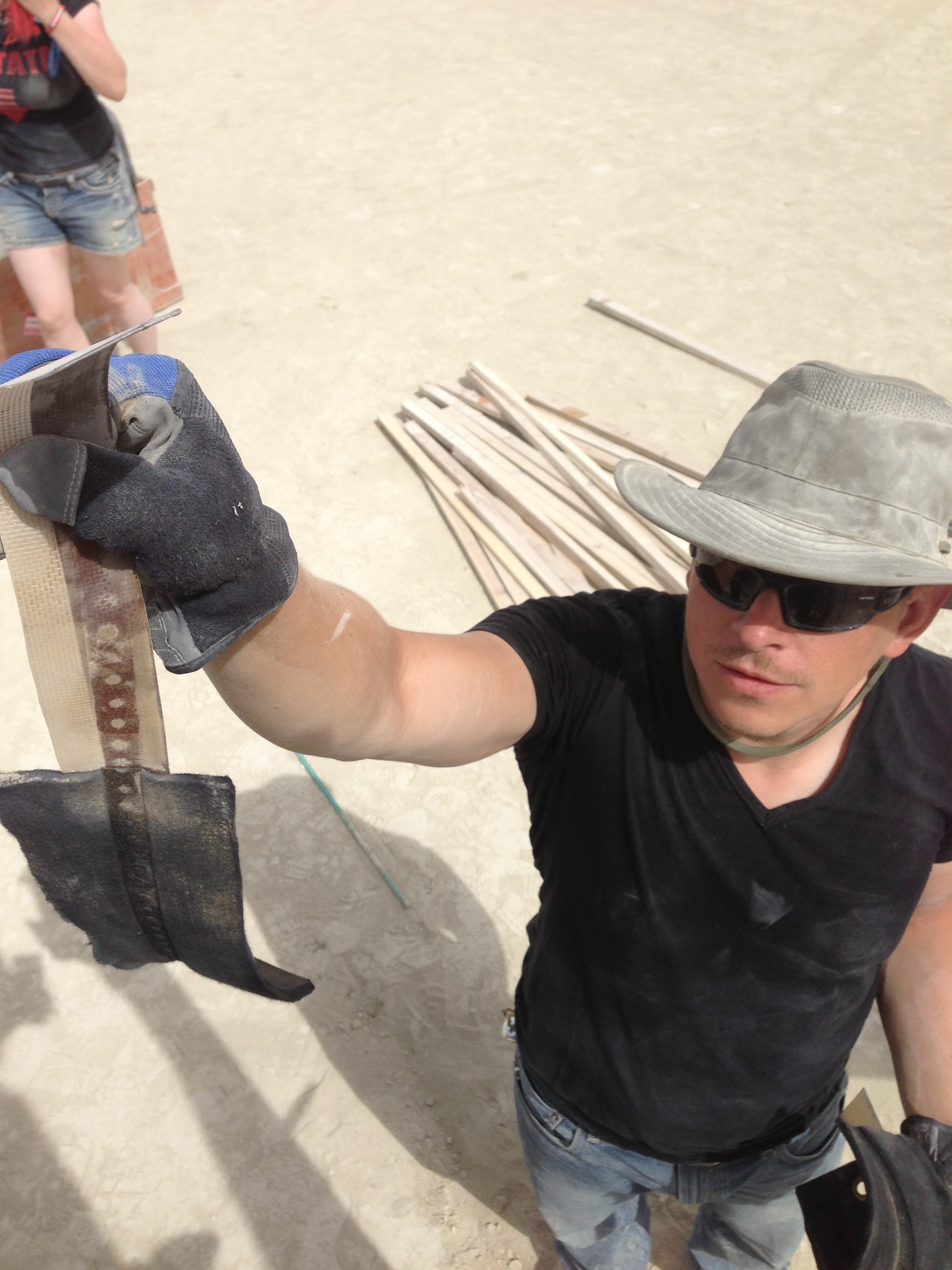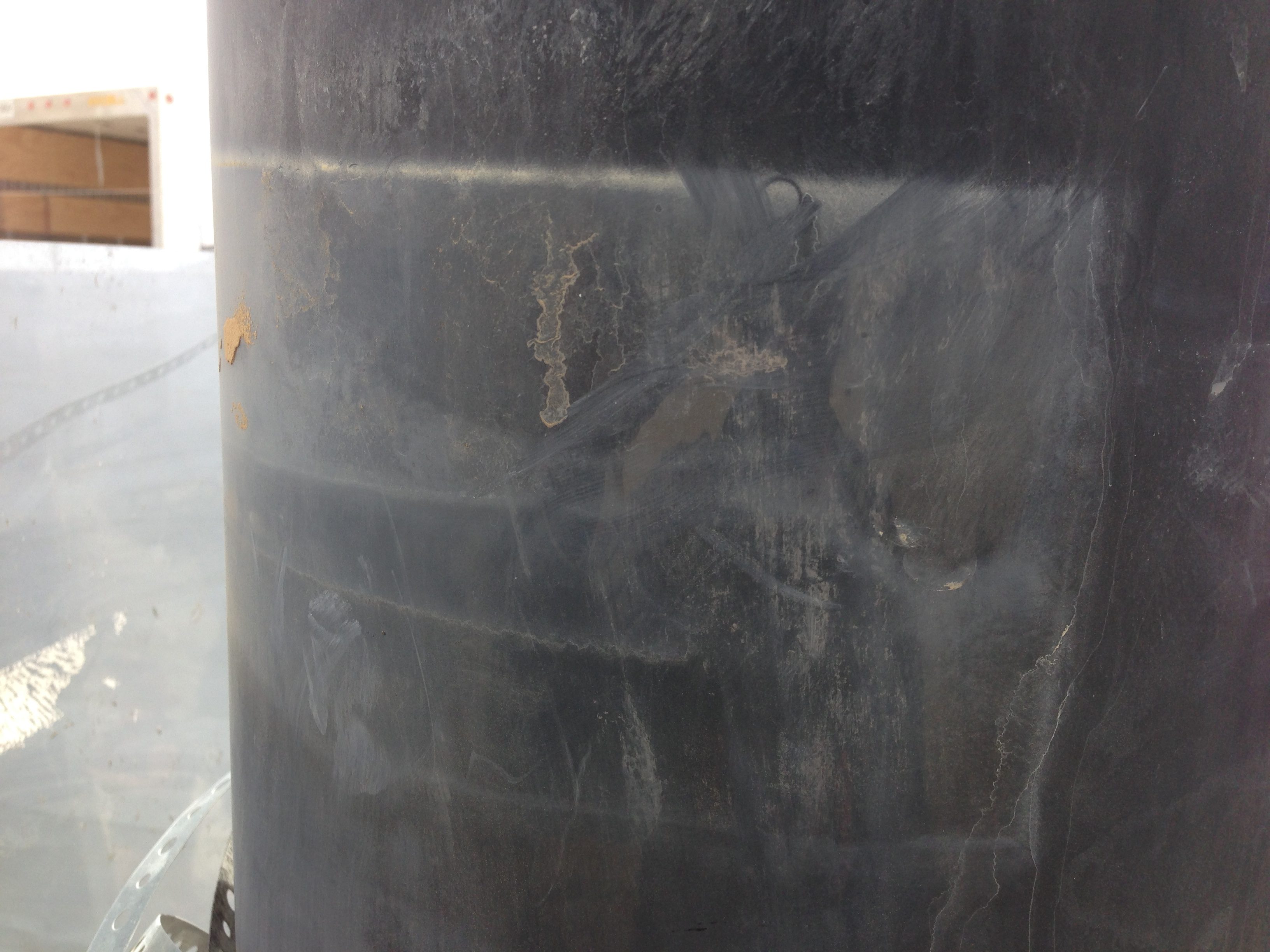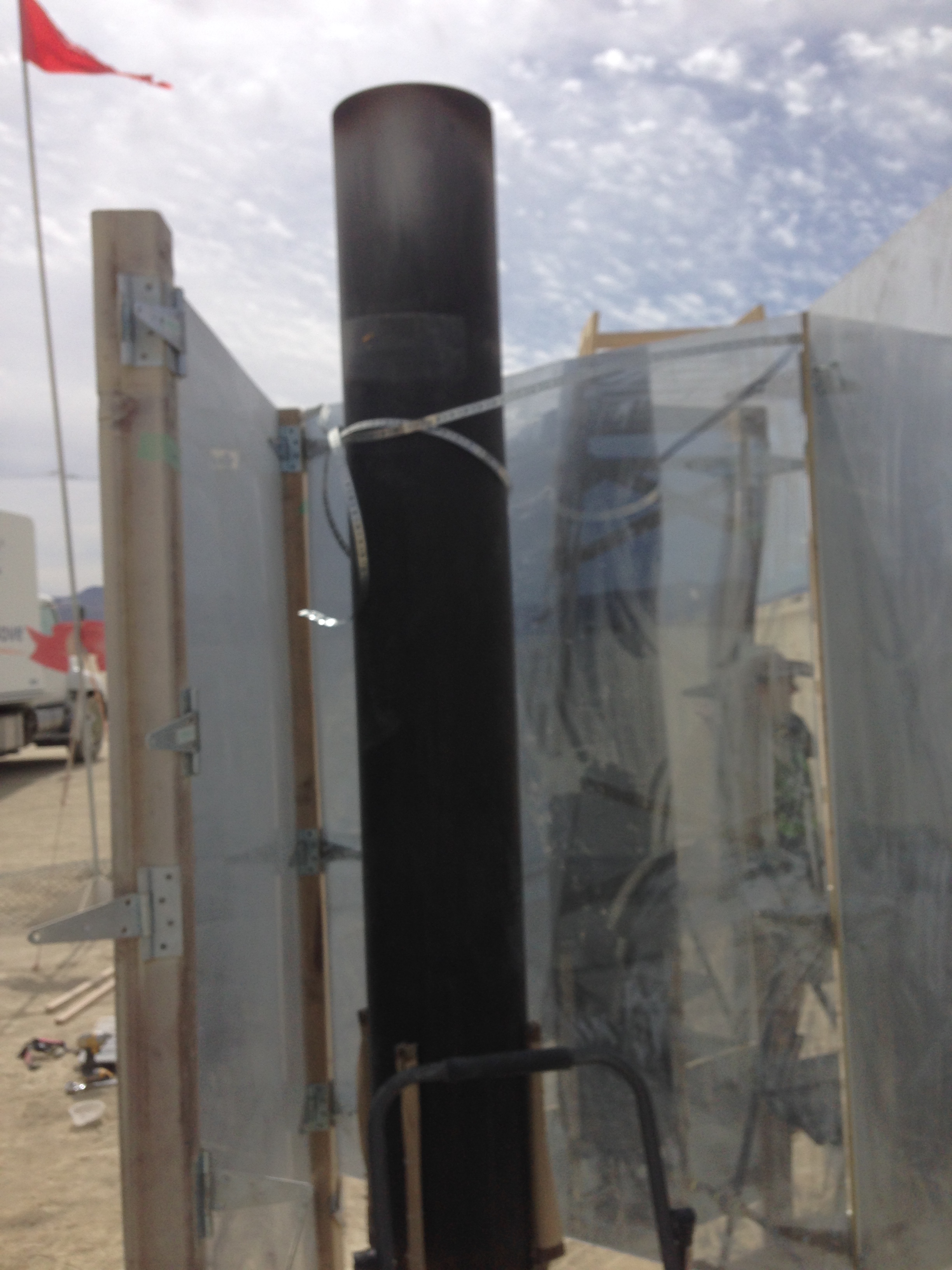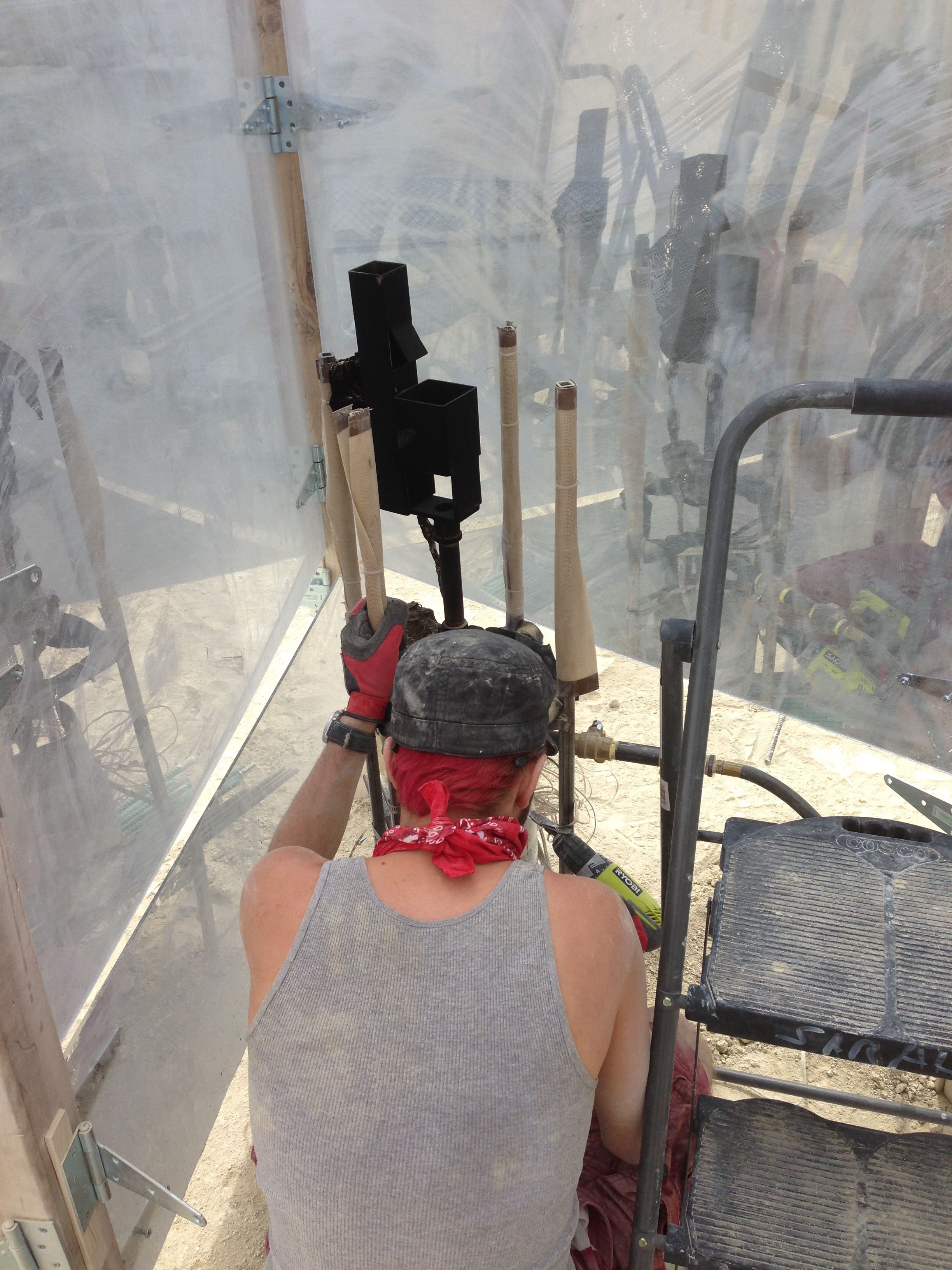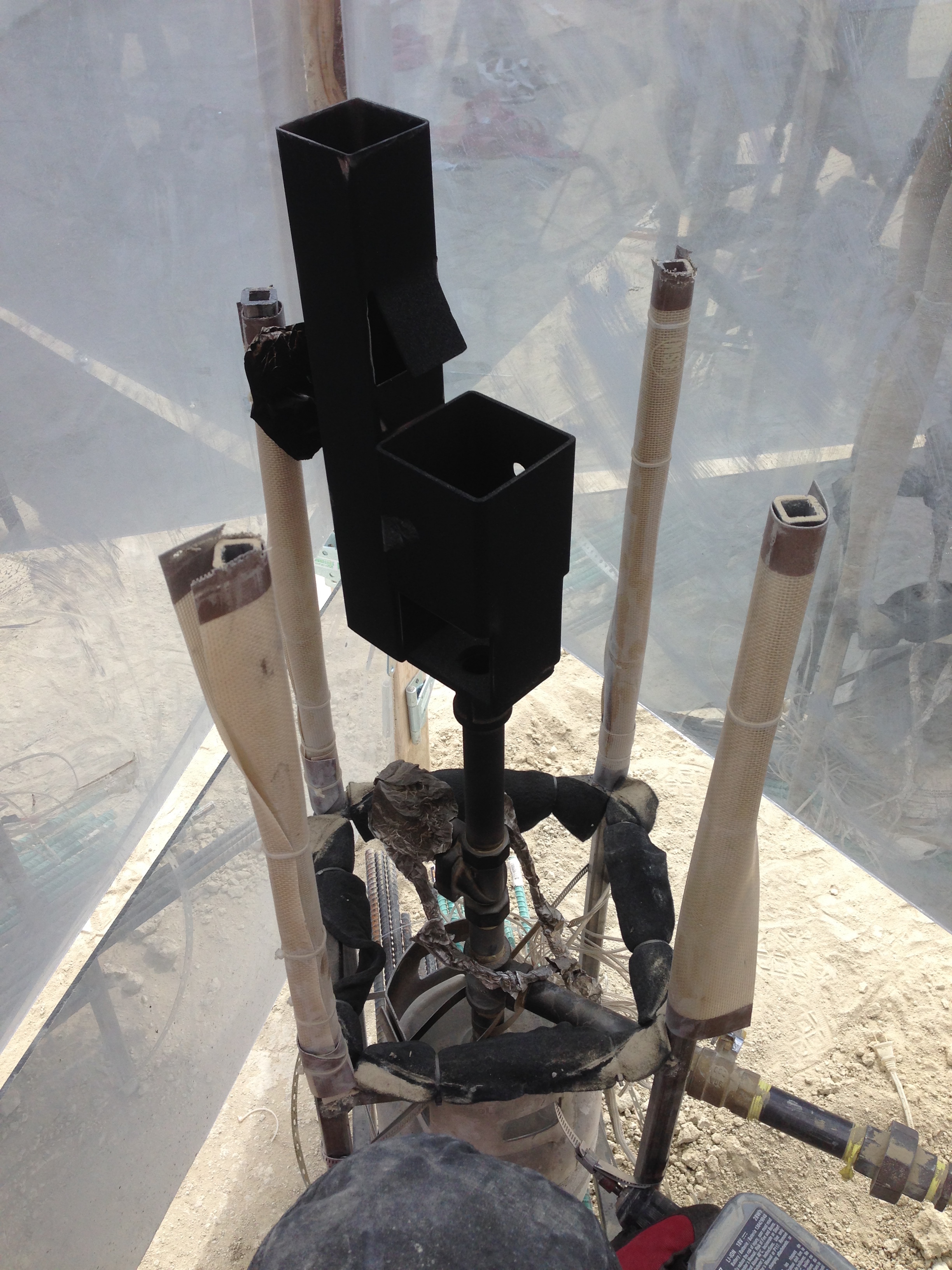Earlier, I talked a couple of times about some possible deconvolutions and separations of a number of traditional management roles.
Today, I want to talk about the goal of management. What are the principles underlying how we support and direct our teams? What are we trying to accomplish?
We want to look at some of the various goals we might have as managers, and then see how those may map onto different roles that might be allocated to different team members.
I like to say that I have two goals as a manager: 1) Support each of the people on my team to develop themselves as best they can, and 2) Achieve results for the larger organization that we are part of.
Sometimes these goals are in conflict, but I put them in this order deliberately, to show[1] that helping your people is often the best way to help your organization, that in general, these goals are in alignment.
But I digress. What are the goals of a team?
1) Support and develop each of the team members
– Help each of the people figure out how they want to develop
– Help each of the people develop themselves
– Help them remove internal[2] obstacles in the way of their development
– Help them remove external[2] obstacles in the way of their development
– Give feedback and suggestions for improvement
– Have difficult conversations with more pointed suggestions for improvement
2) Achieve results for the larger organization
– Provide guidance (estimates, progress reports, and risk levels) to the rest of the organization[3]
– Estimate the amount of time/effort[4] required for a task
– Perform tasks (may include investigations to better define tasks)
– Perform prioritization of project work
– Perform prioritization of triage tasks/incoming requests
– Firefighting of emergencies
– Define & subdivide tasks
– Work with other teams on projects/tasks
– Unblock and remove obstacles for other team members
Next time, we’ll see how these tasks are divided, in traditional management, and in typical Scrum/Agile. We’ll also start looking at how you can use this more granular list of management roles to start training up your management bench. Stay tuned!
[1] At least through repeated assertion…
[2]You can interpret the concept of ‘internal’ and ‘external’ obstacles in a number of different ways. In this context, I’m thinking about ‘internal’ as ‘inside your own head’, but ‘internal’ could just as easily mean ‘in your team’, or ‘in your organization’. This duality could easily be split into multiple roles. I separate out ‘inside your head’ because I see ‘Inner Game‘ issues as requiring a different approach than talking to people other than the one with the obstacle.
[3]I had originally written this as ‘up the hierarchy’, but this information is also useful to other parts of any organization, and I’m trying to generalize this to less hierarchical organizations.
[4]Perhaps wall-clock time vs. % of a two-week sprint, for example.
